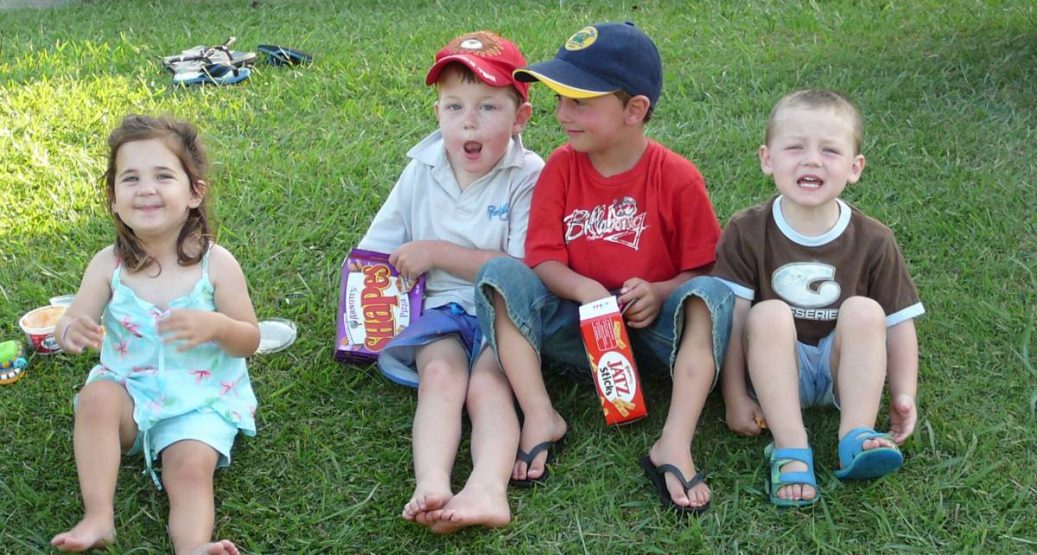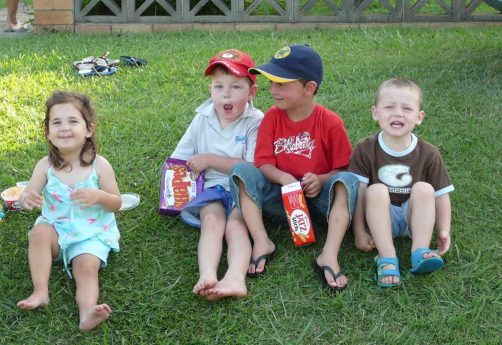
Random acts of kindness
Let’s take action!
Kindness is the quality of being friendly, generous, and considerate.1
Research shows that the more kindness we show, the kinder we become – responding to others suffering with care and a desire to help. Engaging in acts of kindness contributes to inner peace by reducing cortisol (the stress hormone) and depression; and by increasing life satisfaction, self-realisation, feelings of self-worth, positive moods, happiness, calmness, emotional warmth, relationship satisfaction, energy levels and physical health.2
But the best thing about kindness is that kindness and its benefits are contagious:
“The positive effects of kindness are experienced in the brain of everyone who witnesses the act, improving their mood and making them significantly more likely to “pay it forward.” This means one good deed in a crowded area can create a domino effect and improve the day of dozens of people! Witnessing acts of kindness produces oxytocin, occasionally referred to as the ‘love hormone’ which aids in lowering blood pressure and improving our overall heart-health… and increasing our self-esteem and optimism.3”
Therefore, acts of kindness help the person who performs the act, the recipient of the act, and any witnesses to the kind gesture (who’s mood improves and makes them feel like they would like to be kinder too). I call that a win-win situation… kindness is truly the gift that keeps giving.
Where to begin?
For those who like online tools, there are a lot of kindness offerings. To begin you can take a quiz to discover your “kindness quotient”, then discover skills you can build for a kinder compassionate life.4 The Random Acts of Kindness Foundation has a 30 day kindness challenge5 and kindspring.org, a global kindness movement, has a 21 day challenge you can sign up for.6 Other organisations encouraging and empowering us to practice kindness include: the Spread Kindness.org7, The Great Kindness Challenge8, 365 acts of kindness9, the Kindness Revolution10, and the Kindness Factory.11 They offer wonderful resources, tools, checklists, projects, even kindness curriculums – all free.
The main thing is to start somewhere
If it feels too hard to be kind, we can begin by preventing ourselves from inflicting unnecessary pain. For example, we can try to catch ourselves before making that brilliant sarcastic remark. 12
Next, we can become more aware of the impact we have on others. For example, consider how people feel after they have interacted with you – better, neutral, worse?
Finally, what will you aim to do? One act of kindness a week? One a day? Three on Thursdays?!! Let’s all spread kindness like confetti!
Outcome: Awareness of opportunities to be kind, acting kindly and feeling good. Helping the world be a kinder place, one act of kindness at a time
“Your own soul is nourished when you are kind; it is destroyed when you are cruel” Proverbs 11:17
“Small good deeds done, when accumulated over time, can accomplish more than grand acts pondered but never begun. 13” John Pierre
References for Random acts of kindness
- English Oxford Dictionaries
- https://www.dartmouth.edu/wellness/emotional/rakhealthfacts.pdf
- Ibid
- https://www.taracousineau.com/whats-your-kindness-quotient/
- https://www.randomactsofkindness.org/
- https://www.kindspring.org/
- https://www.spreadkindness.org/
- https://thegreatkindnesschallenge.com/
- https://happyorangeproject.com/projects/365-acts-of-kindness/
- https://www.thekindnessrevolution.net/our-founder/
- https://kindnessfactory.com/kindness-factory/
- Armstrong, K., 2010, Twelve Steps to a Compassionate Life, Thorndike Press, Maine, USA
- Pierre, J. 2013, The Pillars of Health: Your Foundations for Lifelong Wellness, Hay House, California


